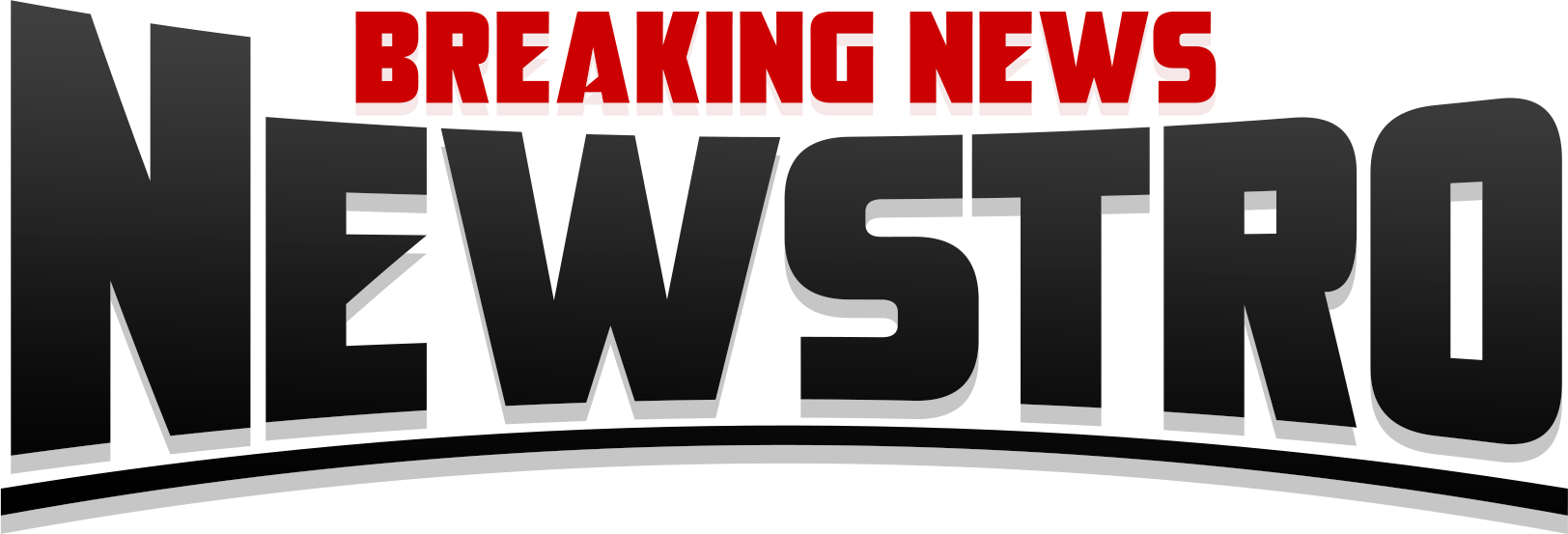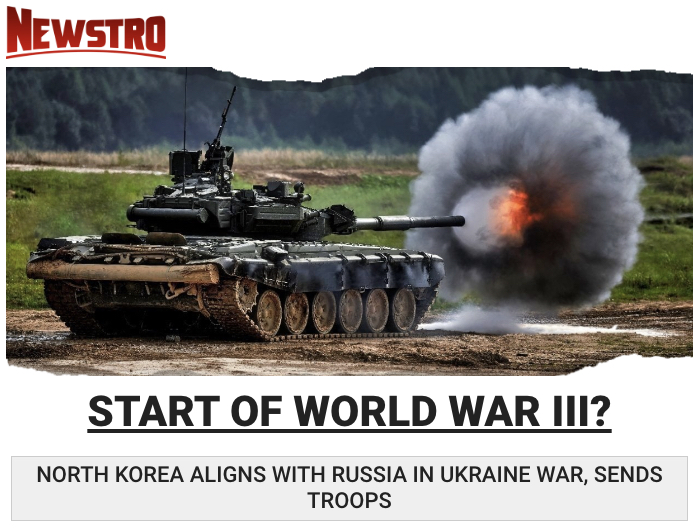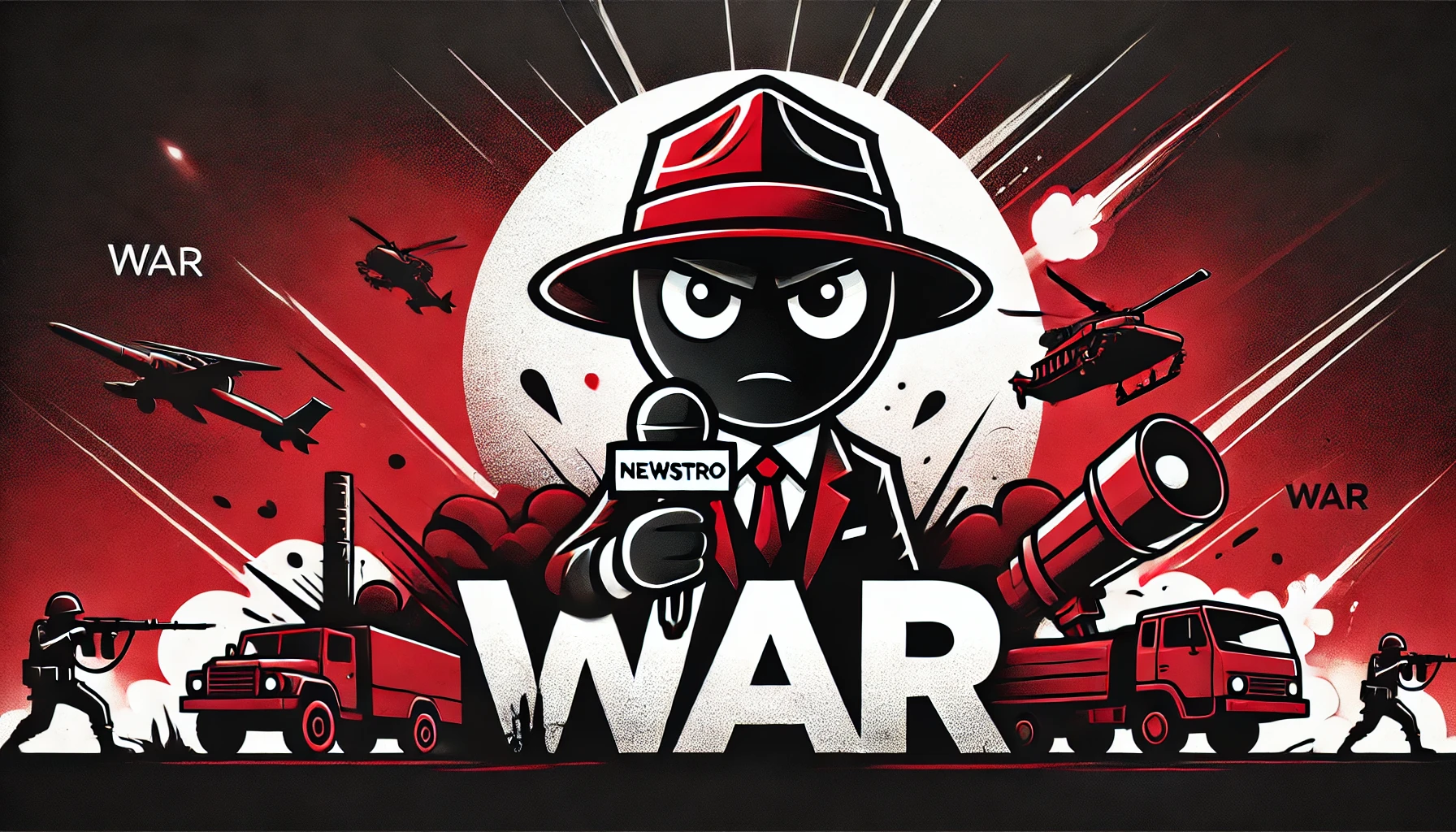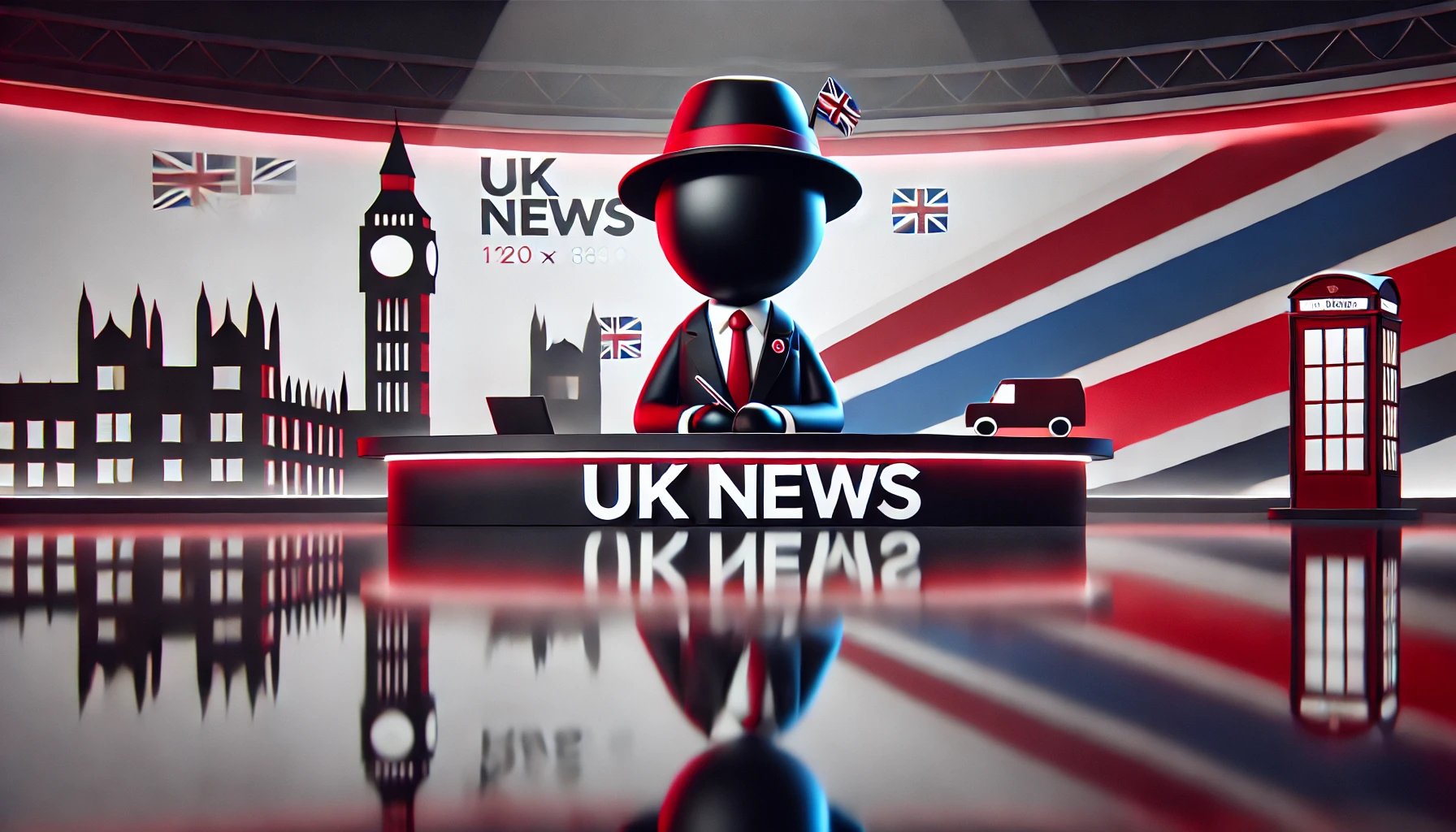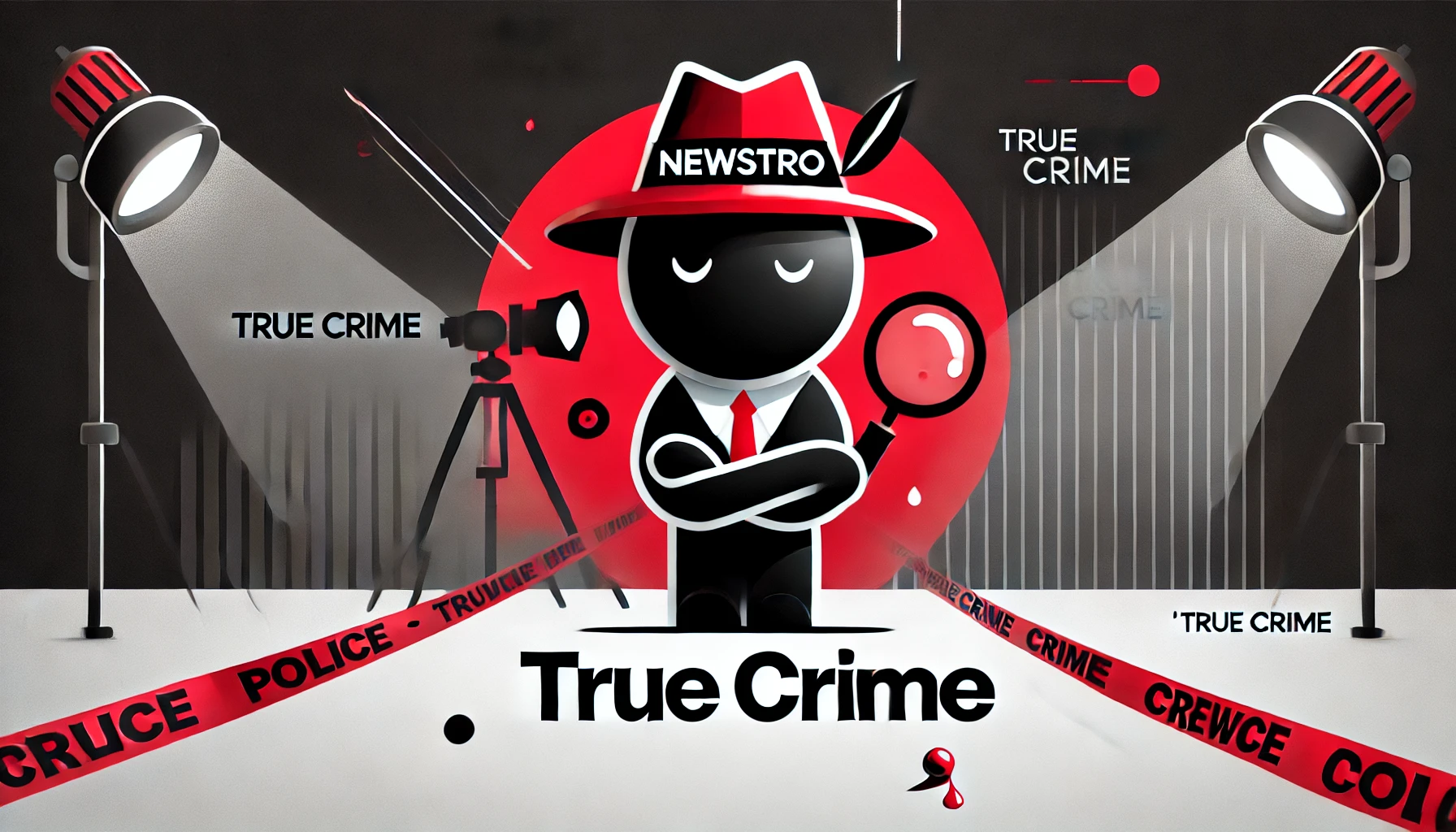Israeli forces have initiated a ground operation in southern Lebanon, focusing on Hezbollah targets and infrastructure. This action follows days of airstrikes and artillery fire as Israel ramps up its military efforts. Despite international pressure for a ceasefire, the conflict has intensified, leading to mass displacement and significant casualties. For more details, you can read the full report here.
Quick Facts
- Israeli officials emphasize that the ground operation is limited in scope and duration. The aim is to neutralize immediate threats from Hezbollah’s positions along the border, without committing to a long-term occupation of Lebanese territory.
- The escalation comes after Israeli airstrikes and artillery barrages, which have already displaced over 1 million people in Lebanon. The conflict has also resulted in the deaths of more than 1,000 civilians, according to Lebanese authorities.
- Hezbollah has vowed to continue its fight against Israel, despite the recent assassination of its leader, Hassan Nasrallah. The group is expected to appoint a new leader soon as part of its efforts to regroup and continue its operations.
On Monday, Israel launched its first significant ground incursion into southern Lebanon, targeting Hezbollah’s tunnel networks and other military positions close to the Israeli border. The operation, which Israeli officials have termed a “limited ground operation,” is designed to weaken Hezbollah’s ability to infiltrate Israel and launch attacks. The Israeli Defense Forces (IDF) have been gathering intelligence on Hezbollah’s movements for days, setting the stage for this incursion. Israeli officials maintain that there will be no long-term occupation of Lebanon, but they have not disclosed how long the current offensive might last.
Hezbollah, a powerful militant group backed by Iran, has continued to launch rockets and missiles at northern Israeli towns despite Israeli airstrikes that have destroyed significant portions of its infrastructure. The conflict has displaced over 1 million Lebanese citizens, with widespread damage reported in southern Lebanon and the suburbs of Beirut. The humanitarian crisis has drawn international concern, but Israeli officials insist that neutralizing Hezbollah’s military capabilities is necessary to protect Israeli civilians from future attacks.
Iran, Hezbollah’s primary sponsor, has pledged to support the group throughout its conflict with Israel, although it remains unclear how much direct military involvement Tehran will provide. The death of Hezbollah’s leader, Hassan Nasrallah, in an Israeli airstrike has dealt a significant blow to the organization. However, Hezbollah’s second-in-command, Nasim Qassem, has vowed that the group will continue its resistance against Israel. Hezbollah has hinted at using new tactics, including guerrilla warfare, to counter Israel’s military advances in the coming days.
